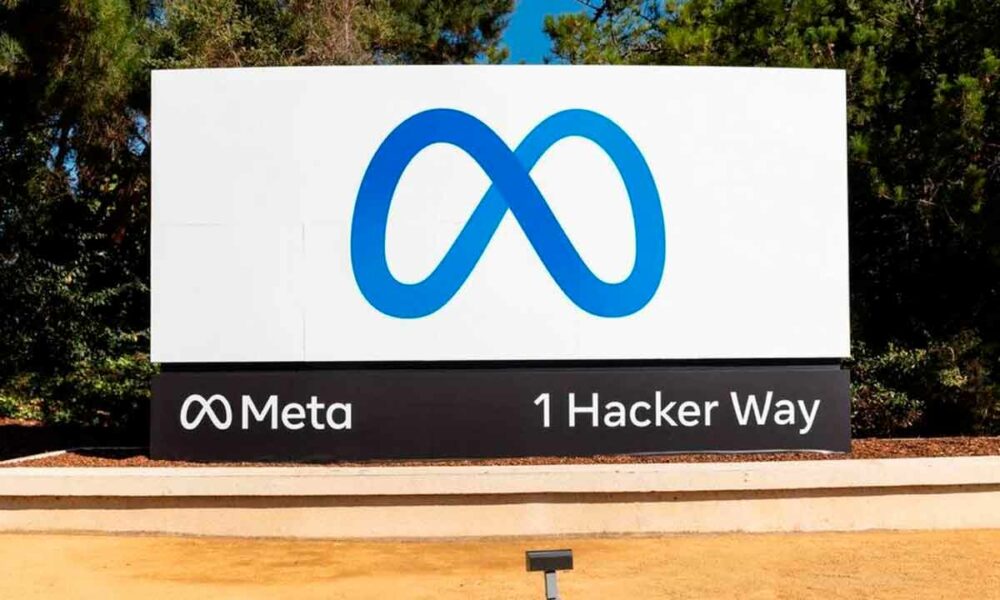EU questions Facebook’s ‘paying for your privacy’
- March 20, 2024
- 0
As you may remember, since the end of last year Meta has been offering citizens of the European Union the opportunity to use Facebook and Instagram without ads
As you may remember, since the end of last year Meta has been offering citizens of the European Union the opportunity to use Facebook and Instagram without ads

As you may remember, since the end of last year Meta has been offering citizens of the European Union the opportunity to use Facebook and Instagram without ads and without violating their privacy if they are willing to pay for it. And it seems that many users were interested in this modality or the rather large lost profit that it meant for Meta, because as we already told you in November of last year, the arrival of March of this year was reflected in the increase in the price of these subscriptions.
So currentlyYour monthly costs are 9.99 or 12.99 eurosdepending on where you pay from (directly to Meta or through payment systems on third-party platforms such as Apple Pay on the iPhone), and as we already told you, this was the way Meta adapted its social networks to the legal framework set out in the European union with the application of the GDPR (General Data Protection Regulation), which establishes the obligation to offer an alternative without the use of personal data of users for commercial purposes.
The regulatory situation in the European Union is not easy for technology companies, especially for those that arrive across the Atlantic to the old continent, because the regulatory framework of the US is somewhat more lax and has been tightening especially in recent years. first with the aforementioned GDPR and now with the DMA. It is more than obvious that community regulators are watching the movements of these companies with increasing attention.

A final example of this, going back to the social networks I mentioned earlier, can be found in the recent statements of Margrethe Vestager, Executive Vice President of the European Commission, who, in a statement to Reuters expressed doubt about the legality of Meta’s privacy charge for Facebook and Instagram’s privacy regimesin an interview in which he also accurately represents the weight that DMA can have in these ratings as well:
«I think there are many different ways to monetize the services you provide. Because one thing is highly targeted advertising that is based on the data consumed. Another way to display an ad is to make it contextual. […] So I think it’s important to continue the conversation with Meta, and ultimately we’ll also evaluate what the next push is for them to meet the WFD.»
These statements come after various criticisms were offered to the model by Facebook and Instagram users in the European Union heavily criticized by privacy advocates, which has already led Met to offer a rate cut for this modality of around 40% as ‘compensation’. However, this proposal was logically unsatisfying to these activists, who believe that privacy should not have a price.
Source: Muy Computer
Donald Salinas is an experienced automobile journalist and writer for Div Bracket. He brings his readers the latest news and developments from the world of automobiles, offering a unique and knowledgeable perspective on the latest trends and innovations in the automotive industry.